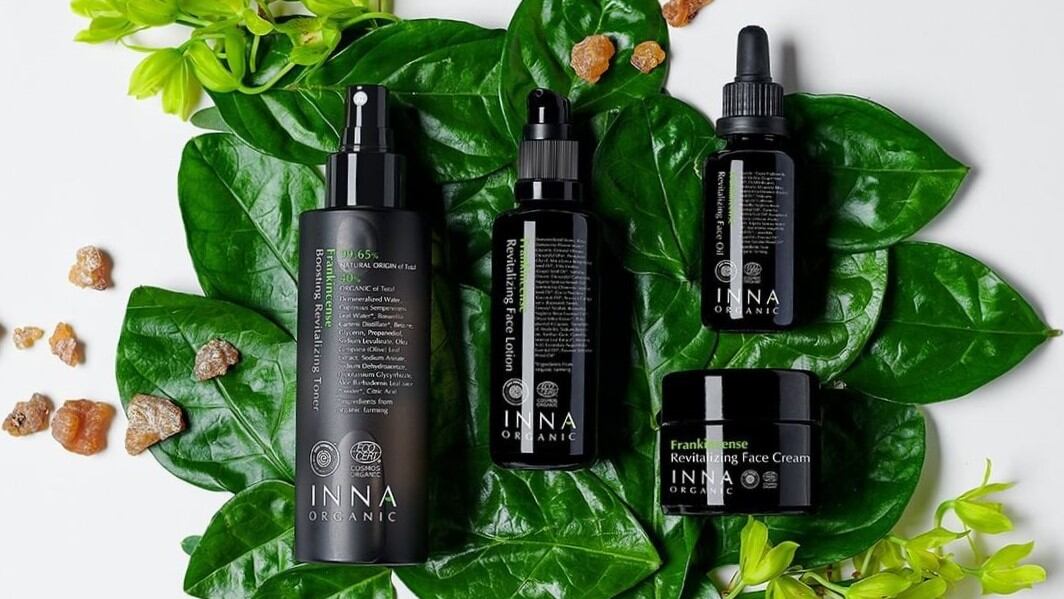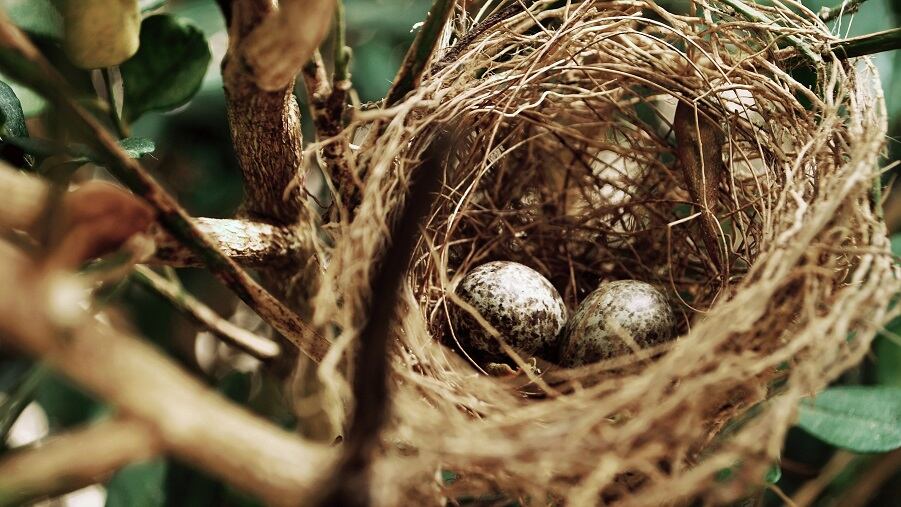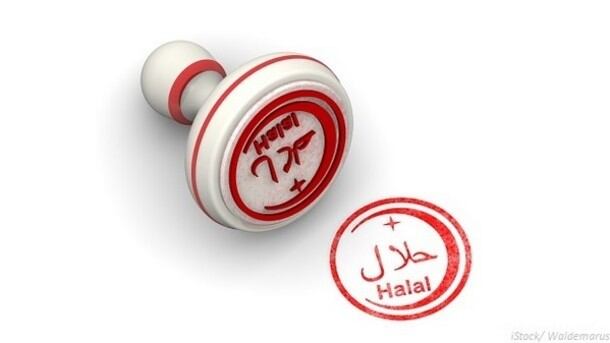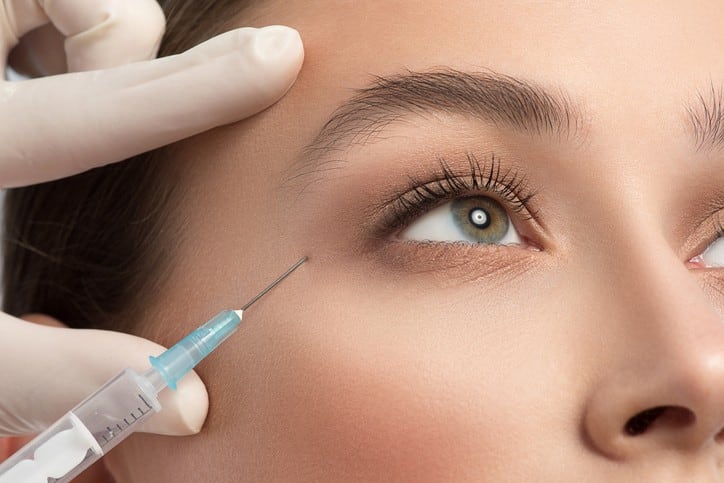Founders Jimmy Wang and Cecily Pan see a demand for their products worldwide, and are actively seeking out distributors who can help them expand overseas.
“We know there are lots of organic skin care brands from the US and Europe, but sheet masks are kind of an Asian thing,” said co-founder Jimmy Wang. “We are one of the very few with organic face masks.”
Hero products
According to Wang, what makes Inna Organic unique in the market is that its products are made with Asia in mind. “Most organic brands come from places where the weather is drier, less humid. The texture is too heavy sometimes, we focus on Asian skin and bringing moisture without being heavy. Even our face oil is very light.”
The brand is best known for its organic sheet masks. With essential oil blends that are made with the help of aromatherapy experts, the masks were made to benefit both skin and body,
Wang revealed that the company tested over 100 sheets before finding the right one, a sheet made with Japanese technology that attaches to skin evenly to ensure every inch of your skin receives the goodness of the product.
For the Western market, Inna Organic uses a sheet made from organic cotton, which is a rare find. “Usually because the quantity is so low, almost nobody uses it for face masks. We work with the manufacturer to create a sheet that is organic certified and thin enough to make you feel comfortable,” said Wang.
Its other best-selling product is frankincense face oil, made with frankincense oil scoured from Somalia. “We try to find the best [ingredients] from all over the world, not just in terms of effectiveness, but also the environmental friendliness,” said Wang.
While this means the company spends more for ingredients, Wang believes it eventually pay for itself. “We try to come to a price that is still affordable to our consumers. We may be pricier than [drugstore] brands, but when our customers feel the value, they will introduce our brand to their friends. In this case it’s like we save on the marketing budget. ”
In terms of finances, Wang reveals that the company has experienced tremendous growth since its humble beginnings five years ago. “2018 was a challenging year in Asia. It was turbulent with the trade issues between US and China. It really impacted the economy in Asia, but we still manage to double our revenue,” said Wang.
“We believe it’s because or market is growing and we have loyal customers. Also through the power of the Internet we are able to ship our goods all over the world.”
Dual-certification bonus
The brand is certified by COSMOS and Environmental Working Group (EWG). As such, the brand has to comply with the European organic standard “from soil to the final product”. Additionally, its ingredients are screened by EWG, and Inna Organic ensures it only uses ingredients with a rating of two and below.
At first, the company sought out certifications by EWG and COSMOS certification in order to elevate their position in the market, said Wang. “When we were first introduced into every new country, we were nobody. Having the organic certification is the introduction to our core customers, so they can trust us.”
Currently, the brand is available in the US through Amazon. However, by being EWG certified, the brand is able to join several pop-up events held by the organisation, where they will be able to meet and engage with their core customers, who in turn can experience the brand’s products first hand.
Small brand, big heart
Wang and Pan founded Inna Organic not just to produce safe and effective skin care, but to “bring out the best in people”.
“By using organic goods, it does not bring just benefits to you. You will care about the environment more. Not just your skin, your mind be purified as well,” said Wang.
The name Inna, said Wang, comes from the Hokkien word for child. “A child is pure, like the power of nature. We focus on bringing good from nature, we even give 1% of our revenue back to benefit Children’s education.”
Wang and Pan also hope to help more organic brands from Taiwan enter the market. “We don’t just think about how to grow our brand. We think about how to grow the general awareness of this island. We believe there will be more and more brands like us from Taiwan. We truly hope so.”
Wang and Pan offer help by sharing information with other Taiwanese brands, such as how to get certified organic and how to screen ingredients. Wang said he has no qualms about sharing information, as he believes it is all for the greater good.
“By sharing we can work with others to create a larger market, the market overseas so huge we can work together. We can create awareness of organic and nature, together we can make the world better. I think this is more important.”





